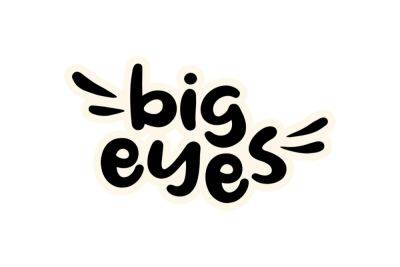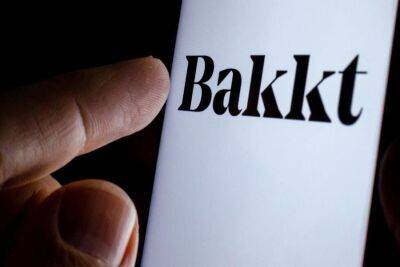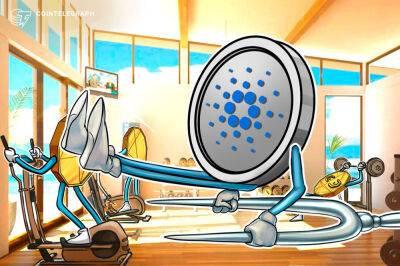Inflation Is Spiking in Zimbabwe (Again). Why High-Interest Rates Aren’t the Answer
Jonathan Munemo, Professor of Economics, Salisbury University._____
The central bank of Zimbabwe has raised its benchmark rate from 80% to a fresh record of 200%. This increase comes as Russia’s invasion of Ukraine is driving global commodity prices higher, exacerbating inflation in many countries around the world, including Zimbabwe.
Zimbabwe’s Finance Minister Mthuli Ncube’s thinking is that aggressive tightening of monetary policy is necessary to counter these inflationary pressures. In Zimbabwe too there has been a rise in the prices of imported food, fuel, fertilizer, and other essential commodities.
This is why, according to the minister, inflation accelerated to 192% in June.
In fact inflation was highly elevated prior to Russia’s invasion of Ukraine. From 2000, it rapidly increased from single digits to 114% in 2004, climbed even higher to hit 157% in 2008, and then peaked at 558% in 2020.
There are two longstanding fundamental drivers of inflation in Zimbabwe. The first is monetary expansion which is not supported by economic growth. When there is more money in the economy than goods and services that can be purchased with it, its purchasing power falls and prices increase.
The second relates to what Zimbabweans now expect when it comes to inflation. Expectations are usually anchored when prices of goods and services are stable over time and consistent with what people expect to pay for them. In Zimbabwe this is no longer the case – expectations have been de-anchored. This happens when prices significantly differ from what people expect. If they are getting higher, this can have an inflationary effect by driving up wages and demand for goods and services. Higher wages and demand in turn could push prices even
Read more on cryptonews.com
 cryptonews.com
cryptonews.com










